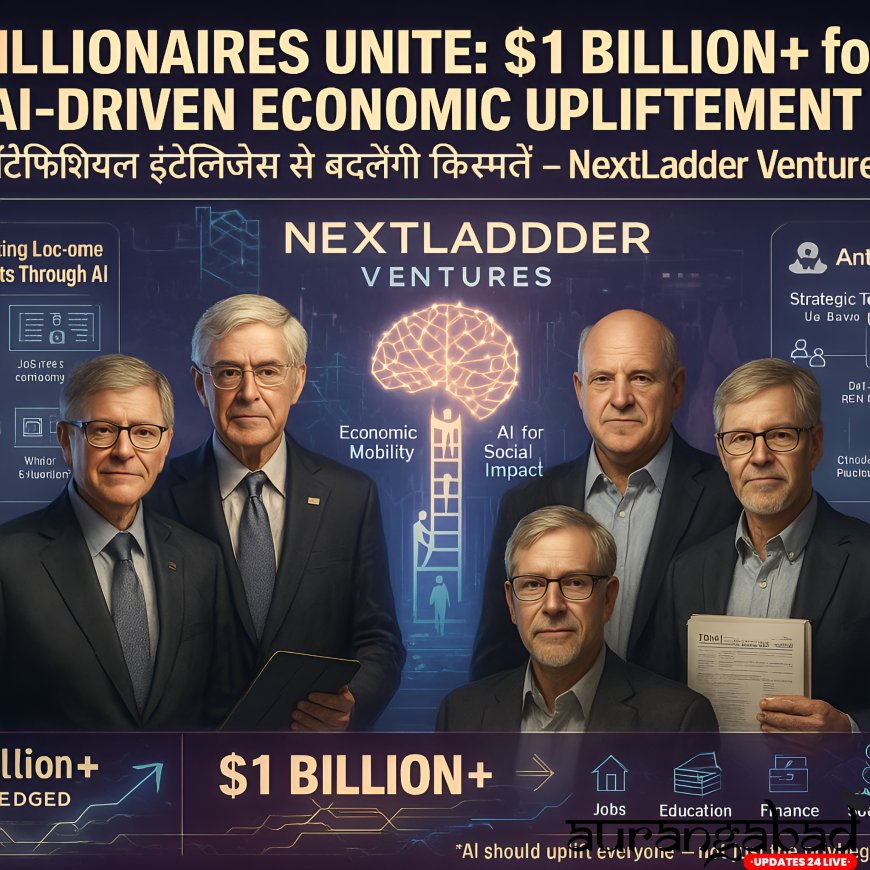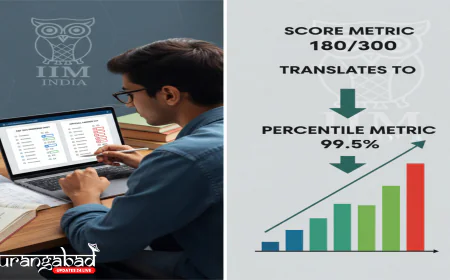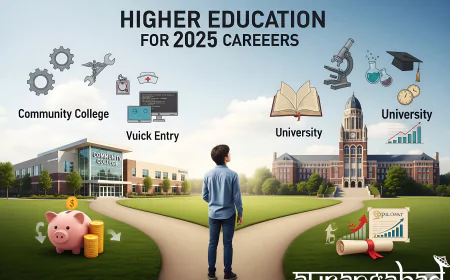Bill Gates & Billionaires Pledge $1B for AI-Driven Economic Mobility Project
Microsoft co-founder Bill Gates, along with Charles Koch, Steve Ballmer, Scott Cook, and John Overdeck, has committed over $1 billion to NextLadder Ventures, an AI-powered philanthropic initiative focused on boosting economic mobility for low-income Americans.

REDMOND, WASHINGTON: In a significant convergence of philanthropic vision and cutting-edge technology, Microsoft co-founder Bill Gates, alongside four other prominent billionaires – Charles Koch, Steve Ballmer, Scott Cook, and John Overdeck – has pledged a colossal sum exceeding $1 billion towards a groundbreaking new artificial intelligence-driven initiative. Named NextLadder Ventures, this ambitious project is specifically designed to tackle the pervasive challenge of economic mobility for low-income Americans, leveraging the transformative power of AI and emerging technologies.
This substantial financial commitment underscores a growing trend among tech and business magnates to channel their vast resources into philanthropic endeavors that address complex societal issues. Unlike traditional charity, NextLadder Ventures aims to create systemic change by harnessing the efficiency and scalability that AI solutions can offer, focusing on practical applications that directly improve the financial prospects of disadvantaged individuals across the United States. The involvement of such diverse and influential figures signals a serious, long-term commitment to a problem that has long plagued the American social fabric.
NextLadder Ventures: An AI-Driven Blueprint for Economic Upliftment
NextLadder Ventures is not merely another charitable fund; it represents a strategic, technology-centric approach to philanthropy. Its core mission revolves around the principle of boosting economic mobility for low-income Americans. This means creating pathways for individuals to move up the economic ladder, acquire better skills, secure higher-paying jobs, and ultimately achieve financial stability and prosperity.
The initiative plans to achieve its objectives through a multi-pronged strategy:
-
Collaboration with Leading AI Startups: A key component of NextLadder Ventures is its strategic partnership with Anthropic, a prominent AI startup. Anthropic, already backed by tech giants like Google and Amazon, is at the forefront of AI research and development, particularly in areas like large language models and responsible AI. This collaboration suggests that NextLadder Ventures will tap into advanced AI capabilities to develop bespoke solutions.
-
Supporting Innovative Organizations: Beyond direct collaboration, the initiative will actively support and fund organizations that are already utilizing or are poised to utilize AI and other emerging technologies to improve the financial well-being of low-income individuals. This could include non-profits, social enterprises, or even educational institutions that are innovating in areas such as job training, financial literacy, career guidance, and access to resources.
-
Focus on Practical Applications: The emphasis appears to be on tangible outcomes. Instead of solely funding theoretical research, NextLadder Ventures aims to back solutions that can be implemented and scaled to provide immediate and measurable benefits to those in need. This could involve AI-powered platforms for skill matching, personalized education modules, automated financial planning tools, or efficient access to social services.
The vision is clear: to leverage the immense potential of AI not just for technological advancement, but for profound social impact, making economic opportunity more accessible and equitable.
The Powerhouse Behind the Pledge: Five Visionaries
The collective strength and diverse expertise of the five pledging billionaires lend immense weight to NextLadder Ventures:
-
Bill Gates (Microsoft Co-founder): A titan of the technology world and a leading philanthropist, Gates has already committed a significant portion of his wealth to global health and poverty alleviation through the Bill & Melinda Gates Foundation. His involvement underscores the potential he sees in AI to address fundamental societal challenges, even as it further reduces his personal wealth.
-
Charles Koch (Koch Industries): Known for his extensive libertarian philanthropy, Koch's involvement brings a unique perspective on fostering economic opportunity and individual empowerment through market-based solutions. His pledge signifies a cross-ideological commitment to the project's goals.
-
Steve Ballmer (Former Microsoft CEO): As the former CEO of Microsoft, Ballmer possesses a deep understanding of scaling technology and managing complex operations. His philanthropic endeavors often focus on economic opportunity and government efficiency.
-
Scott Cook (Intuit Co-founder): The co-founder of Intuit, a company synonymous with financial software like TurboTax and QuickBooks, Cook brings unparalleled expertise in financial management and technology solutions that empower individuals and small businesses.
-
John Overdeck (Two Sigma Investments Co-founder): As the co-founder of a leading quantitative hedge fund, Overdeck's involvement highlights the application of data science and advanced algorithms, mirroring the AI-driven approach of NextLadder Ventures.
The combined financial muscle and strategic acumen of these five individuals promise to provide NextLadder Ventures with the resources and guidance necessary to make a substantial and lasting impact.
Funding Scale and Broader Implications for AI Development
The pledge of over $1 billion is a monumental commitment for a philanthropic AI initiative. This level of funding is crucial for several reasons:
-
Long-Term Impact: It ensures sustained funding for research, development, and implementation over several years, allowing for robust solutions to be built and scaled without short-term financial pressures.
-
Attracting Top Talent: Such a significant investment can attract the brightest minds in AI, data science, and social impact to work on the project, fostering innovation and groundbreaking discoveries.
-
Influencing Research Direction: Large philanthropic funds can direct AI research towards specific societal challenges, ensuring that advancements in AI are not solely driven by commercial interests but also by humanitarian goals.
-
Setting a Precedent: This initiative could inspire other wealthy individuals and organizations to invest in AI for social good, creating a ripple effect in the philanthropic and technology sectors.
This move also highlights a broader trend in the AI landscape: the increasing involvement of private capital in shaping its future. While government funding and corporate R&D remain vital, the scale of private philanthropic investment, particularly from individuals who have amassed wealth through technology, signifies a belief in AI's potential to solve complex problems beyond just profit generation. It emphasizes a shift towards "AI for good" initiatives that aim to ensure the benefits of AI are shared more broadly across society.











































